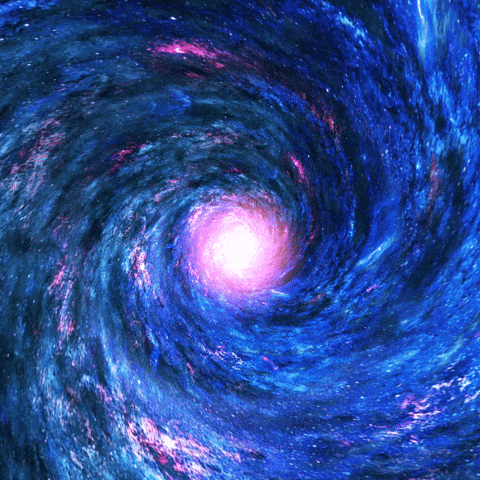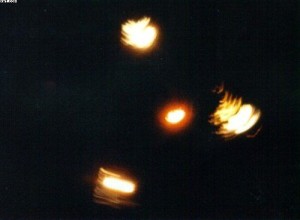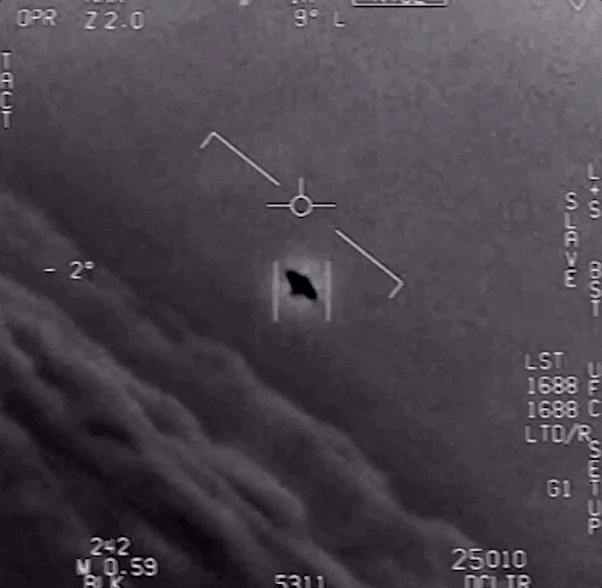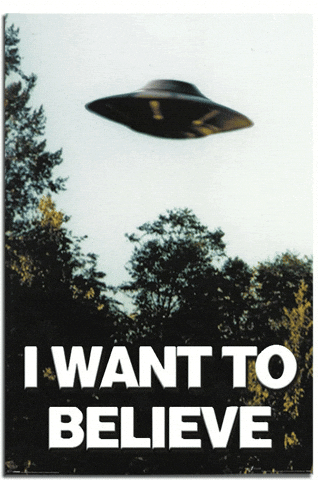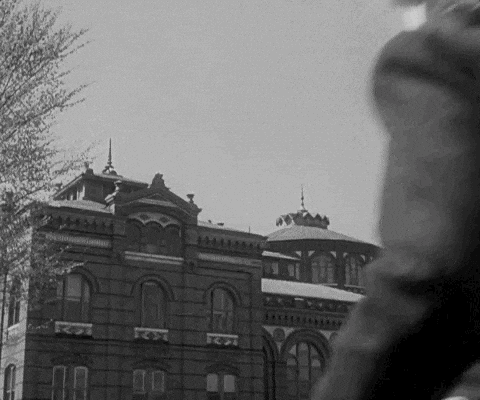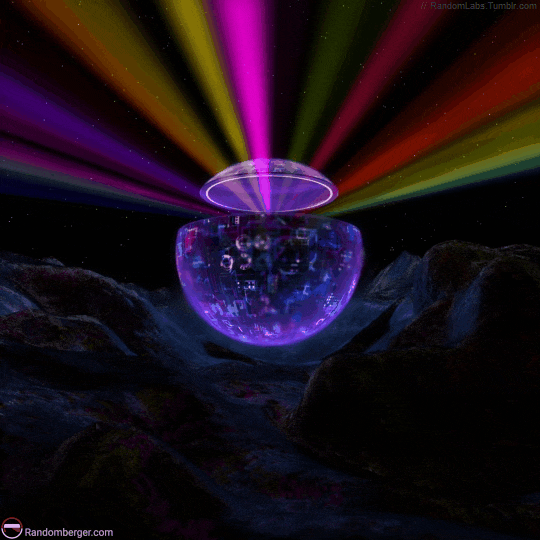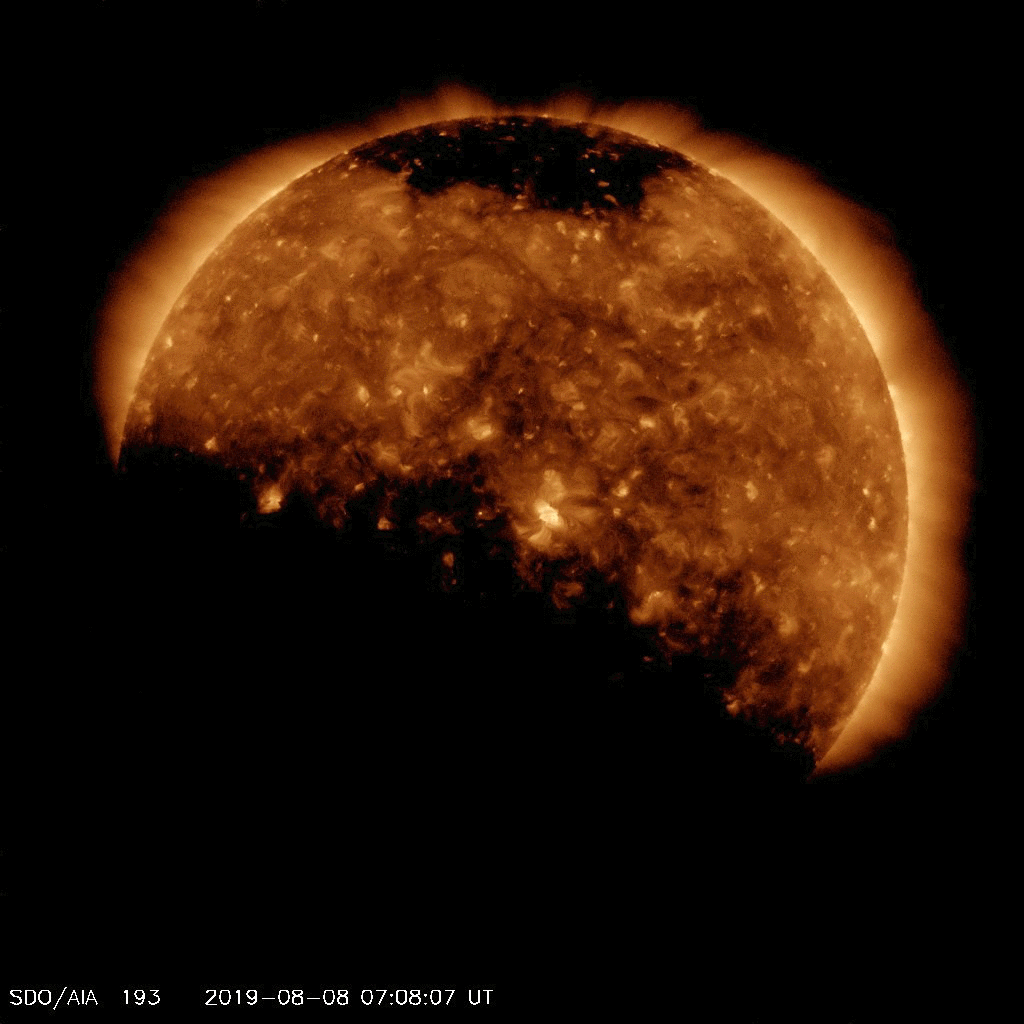
This week, scientists revealed a heat source and food supply that could nourish organisms living under the ice on Saturn's moon Enceladus; a "Star Trek" fan platitude was disproved by math; and three space fliers returned to Earth. Here are our picks for the best space stories of the week.
Enceladus has food for life
Saturn's icy moon Enceladus is looking more and more habitable. New results show that beneath the moon's icy crust, Enceladus likely has hot water vents, like those on Earth. In addition, the subsurface ocean contains molecules that are a common food source for bacteria on Earth. The finding could have major implications for the search for life beyond Earth. [Full Story: Potential Energy Source for Life Spotted on Saturn Moon Enceladus]
Airborne laboratory
Two refit bomber aircraft that have been repurposed for NASA's
Airborne Science program will be put to use during the Aug. 21, 2017, total solar eclipse. A group of scientists will fly instruments aboard the high-altitude planes in order to get above Earth's atmosphere and study the outer layers of the sun that become visible when the moon blocks the sun's central disk. [Full Story: Refit Bomber Aircraft Will Help Scientists Study the Total Solar Eclipse]
Plumes on Europa?
Jupiter's moon Europa may be spraying plumes of water into space, according to new observations by the Hubble Space Telescope. For the second time, Hubble has detected what may be a water-vapor plume spewing skyward from the moon's icy surface. If the finding is confirmed, it could influence the design of NASA's Europa Clipper mission, which is set to launch in the 2020s. [Full Story: Giant Water Plume Detected Again on Jupiter Moon Europa]
Trek math

There's an adage about "Star Trek" episodes that says crewmembers in red shirts are more likely to die. That's not so, according to a mathematician who applied his skills to analyzing various aspects of the show, such as how the mating habits of Vulcans are similar to those of cicadas. In other Trek-related news this week, winners were announced for a contest to make a portable medical diagnostic tool like the tricorder from the "Star Trek" universe, and a line of "Star Trek"-themed fragrances was announced. [Full Story: Redshirts Aren't Likeliest to Die — and Other 'Star Trek' Math Lessons]
No bathrooms on New Shepard space trips

Last week at the 33rd annual Space Symposium, Amazon.com founder Jeff Bezos revealed more details about his private spaceflight company's space tourism vehicle, New Shepard. Bezos said the company, Blue Origin, was not planning to equip the New Shepard vehicles with bathrooms or any means of containing vomit, because the rides to space will last only about 14 minutes. [Full Story: No Bathrooms, No Barf Bags: What Blue Origin's Space Tourists Can Expect]
Solar engineering
Could humans combat the effects of climate change by shooting aerosols into the atmosphere to reflect sunlight? A Harvard-run experiment will test the technology that might be necessary for the controversial approach. [Full Story: Harvard Researchers Are Preparing to Geoengineer the Atmosphere]
Jupiter's great cold spot
Looking back through 15 years of observations, scientists have identified a massive cold spot that forms in Jupiter's atmosphere adjacent to the planet's vibrant auroras. The cold spot disappears and reappears over time, which is partly why scientists haven't seen it before. [Full Story: Surprise! Jupiter Has a Great 'Cold' Spot, Too]
Space travelers return to Earth
One NASA astronaut and two Russian cosmonauts safely returned to Earth early Monday (April 10). The passengers flew home aboard a Russian Soyuz capsule and landed in Kazakhstan, after spending 173 days in space. Following the departure of NASA astronaut Shane Kimbrough from the station, Peggy Whitson, the first female astronaut ever to command the station, took up the post of commander once again. [Full Story: Space Station Crew Returns to Earth Safely on Soyuz Capsule]
Follow Calla Cofield @callacofield. Follow us @Spacedotcom, Facebook and Google+. Original article on Space.com.




